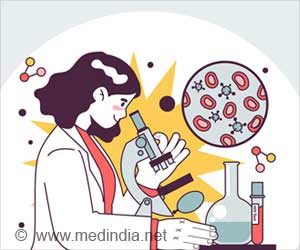Researchers were given renewed hope by new studies that a cure for AIDS might be possible.

"'Today might be considered a day when the research agenda moves from basic science and the lab into the clinic. It is an absolutely critical advancement," the Sydney Morning Herald quoted Steven Deeks, an AIDS researcher at the University of California at San Francisco not directly involved in the studies, as saying.
One strategy involves waking up sleeping cells infected with HIV so they can then be killed.
Another requires treating people with HIV drugs immediately after infection, which has been tried previously.
The third strategy requires stem cell transplantation, a difficult and expensive procedure.
The results described by the researchers do not constitute "cure" in the usual sense.
Advertisement
The researchers steered clear of using the word "cure".
Advertisement
"But you cannot argue about the value of the goal," he said.
Curing HIV infection is difficult because in certain types of human cells the virus stitches itself into the infected person's DNA, making itself in effect a part of the patient's "self'".
To make matters worse, those cells survive for decades, but they can awaken with the right stimulation and live out their lives, which in their case means making HIV that attacks other cells and perpetuates the infection.
A true cure will have to target those sleeping cells, probably by waking them up in order to kill them.
The latest strategy is known as "shock and kill".
Professor Margolis and his team demonstrated they can "shock" sleeping cells awake. Whether those cells can be killed remains to be seen.
In its experiment, the team gave a one-time dose of the cancer drug Vorinostat to eight patients on antiretroviral therapy. Within six hours, HIV from the sleeping cells could be detected.
The researchers do not know if all HIV patients will respond to Vorinostat, and are uncertain of what the optimal dose might be. But Professor Deeks said that of the three studies presented, Professor Margolis's work is the most promising - a "landmark study" that provides a proof-of-concept that an entirely new approach to managing HIV infection may be possible.
The study has been published in Nature.
Source-ANI















